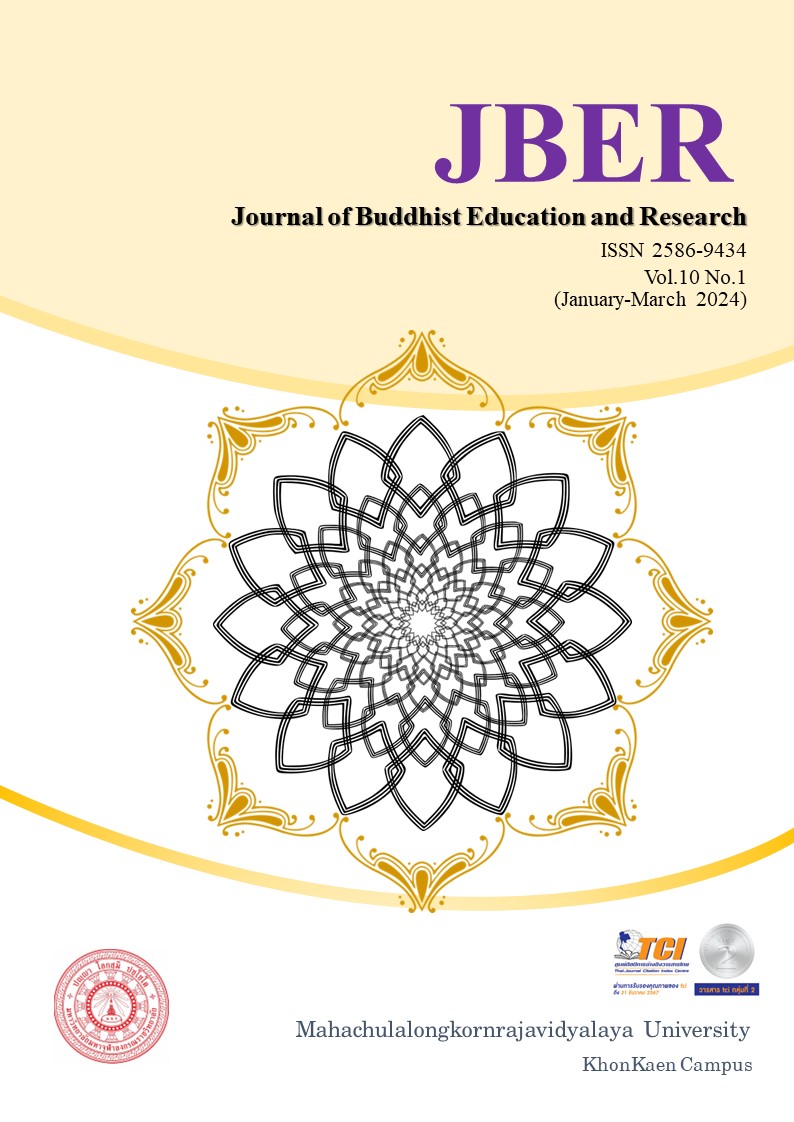Relationship Between Online Shopping Service Recovery and Customer Behavior from the Perspective of Consumer Forgiveness
Keywords:
Online-shopping, Service recovery, Consumer behavior, Consumer forgivenessAbstract
The Chinese online shopping environment is still in the stage of growth, the business mode of online retail is not so mature, the online consumers often will suffer failed service or product problems. The online retailer unavoidable to recover for the service to online consumers frequently, consequently, this study would make an empirical analysis of the relationship between service recovery and customer behavior in light of the characteristics of online shopping, which has great significance in enhancing service recovery performance. The study theoretically analyzes the relationship between service recovery, service fault attribution, consumer forgiveness, and customer behavior, and proposes the research hypothesis to build the theoretical mode of service recovery that affects customer behavior. This study makes the consumers who have experienced the fault services as the research target, and collects data by the method of the questionnaire, finally, it applied the SPSS23.0 to count and analyze whether the hypothesis is founded or not, also, there would be a discussion for the result of the empirical analysis. The result of the final empirical analysis indicates that service recovery would have a positive impact on the intention of the consumer's behavior, consumer forgiveness would have a partial mediation effect between the service recovery and the intention of the consumer behavior, at the same time, it also could mediate the relationship between the consumer forgiveness and the intention of the consumer behaviors, though, the fault service attribution has no significant moderating effect on the influence of psychological remedy on consumer forgiveness.
References
Fletcher K,Hart S J.(1990).Marketing Strategy and Planning in the UK Pharmaceutical Industry:Some Preliminary Findings. European Journal of Marketing,24(2):55-68.
Forster, D. E., Billingsley, J., Russell, V. M., McCauley, T. G., Smith, A., Burnette, J. L., Ohtsubo, Y., Schug, J., Lieberman, D., & McCullough, M. E. (2020). Forgiveness takes place on an attitudinal continuum from hostility to friendliness: Toward a closer union of forgiveness theory and measurement. Journal of Personality and Social Psychology, 119(4), 861–880.
Jin L.Y. (2005). Qualitative analysis of service failure reasons and remedial strategy effects based on critical event method. Management Science. (04): 63-70.
Magnini, V. P., Ford, J. B., Markowski, E. P., & Honeycutt, E. D. (2007). The service recovery paradox: justifiable theory or smoldering myth?. Journal of Services Marketing.
Newton, J. D., Tsarenko, Y., Ferraro, C., & Sands, S. (2015). Environmental concern and environmental purchase intentions: The mediating role of learning strategy. Journal of Business Research, 68(9), 1974-1981.
Sun N.J.& Sun Y.X. (2017). Service recovery, empathy and consumer forgiveness: Model construction and empirical evidence from the perspective of attribution theory. Forecast. 3605:30-35.
Tan L. (2013). Research on the Influence of Online Shopping Service Remedial Quality on Customer Loyalty Based on Forgiveness Willingness. (Doctoral dissertation, Huazhong University of Science and Technology).
Tsarenko Y,Strizhakova Y,Otnes C C.(2019).Reclaiming the Future:Understanding Customer Forgix,eness of Sera, ice Transessions. Journal of Senrice Research.22(2):139—155.
Zeithaml V A,Berry L L,Parasuraman A.(1996).The Behavioral Consequences of Service Quality.Journal of Marketing,60(2):3 1-46.
Zhang S.l. & Zhang W.G.(2009). The impact of service recovery degree on consumer sentiment and behavioral intention. Journal of Beijing Institute of Technology: Social Science Edition (6), 8.
Downloads
Published
How to Cite
Issue
Section
License
Copyright (c) 2024 Author(s)

This work is licensed under a Creative Commons Attribution-NonCommercial-NoDerivatives 4.0 International License.





